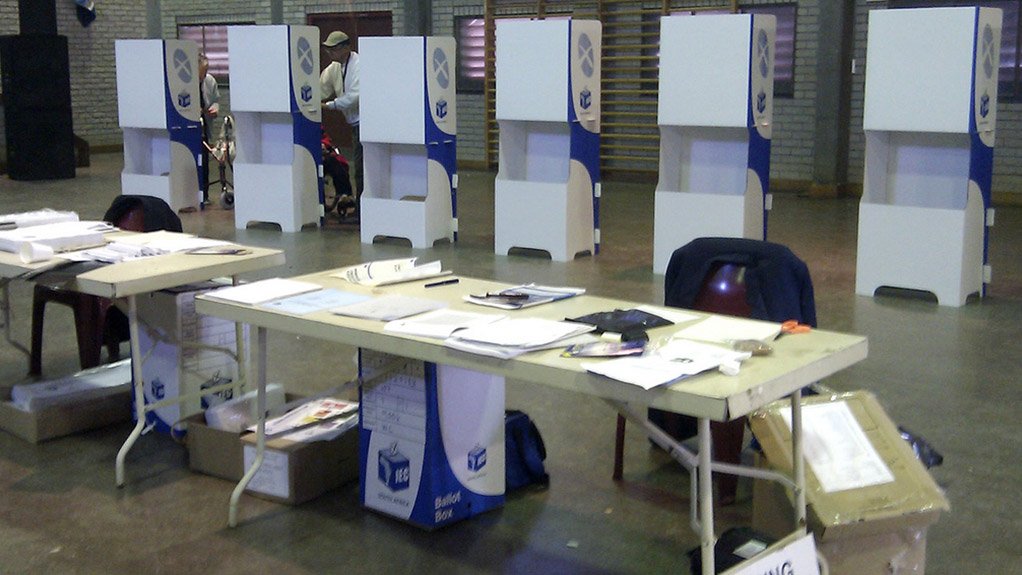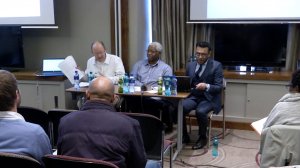University of the Witwatersrand School of Governance head Professor David Everatt said it was a “fantastic time” for South Africa to be holding the much anticipated August 3 election.
He was speaking at a seminar in Johannesburg on Wednesday on the theme ‘After the party: 21 Years of Electoral Democracy – What Do South Africa’s 2016 Local Government Elections Hold?’
The seminar was held by The Electoral Institute for Sustainable Democracy in Africa (EISA) and by grant-making organisation Open Society Foundation for South Africa.
EISA operations director Ilona Tip said the organisation held similar seminars for most elections to inform public debates as well as to assist observers with electoral information.
EISA political parties and parliamentary programme manager Ebrahim Fakir said the upcoming local government election was especially important as the ruling party seemed to be going into the election with less support than 2009, the Economic Freedom Fighters was contesting its first local government election and there were a high number of service delivery protests.
“There has been significant misunderstanding between the local government and national elections. There hasn’t been enough voter education,” said Fakir.
Everatt added that while many people were worried about who would win the upcoming elections, analysts were worried that the poor might disenfranchise themselves through nonparticipation.
Political analyst Aubrey Matshiqi said the most debilitating thought since 1994 was the idea that South African elections were based on race.
“South Africans are unable to envision their future without the African National Congress and the Democratic Alliance. This falls neatly into the idea that black people and white people will always vote in a particular way,” said Matshiqi.
He added that this was ironic.
EMAIL THIS ARTICLE SAVE THIS ARTICLE
To subscribe email subscriptions@creamermedia.co.za or click here
To advertise email advertising@creamermedia.co.za or click here












